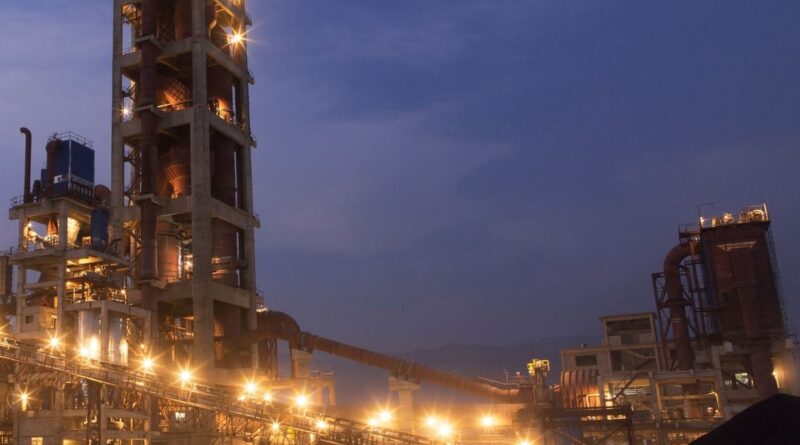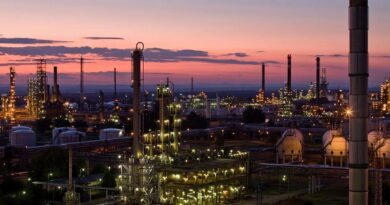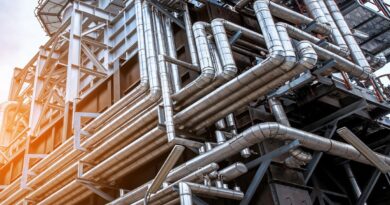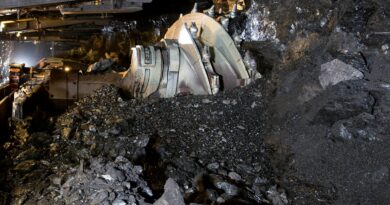Asia fires up alternative fuels adoption in rotary kilns
With the urgency of climate change accelerating and cement production emitting 7% of the world’s CO₂, all eyes are on the responds from the industry. A new survey among cement producers in Asia predicts an increase in fuel substitution in the next five years.
In a recent analysis of the global alternative fuels adoption in cement, FLSmidth pyro experts Mads Nielsen and Robert Krist concluded that countries such as South Korea and Japan have taken the lead in the region, with adoption rates similar to Europe. This is causing a second-wave of alternative fuel adoption as places move towards 100% substitution rates.
Although there is no lack of available alternative fuels, China for instance, has traditionally had a relatively low substitution rate. However, driven by acute concerns over air quality and waste disposal in many Chinese cities, the Chinese government now pays much more attention to sustainability issues and the transition has picked up pace.
For example, cement companies that burn municipal waste as an alternative fuel are not subject to the same stringent production limits (brought in by the government to tackle overcapacity in the industry) as plants that use only fossil fuels.
New regulations to deal with the growing waste problem in India now compel cement companies to use refuse-derived fuels for at least 5% of their fuel requirements. In a measure that appears to be all stick and no carrot, cement companies are responsible for bearing the cost of these regulations: there are, for example, no gate fees payable to cement companies to offset investment in alternative fuel handling equipment
This regulatory-driven approach has resulted in a focus on low-cost systems for alternative fuels handling systems, mostly from local Indian suppliers.
Indian cement producer, Dalmia, has previously announced their commitment to achieving 100% substitution rates by 2030. To realize the ambition, the equipment and design of Dalmia Cement’s new line at Rajgangpur was specifically curated to maximise the potential for alternative fuels.
The FLSmidth Alternative Fuels Team together with regional sales people are monitoring new regulation and local initiatives to best support cement producers in the regional.




